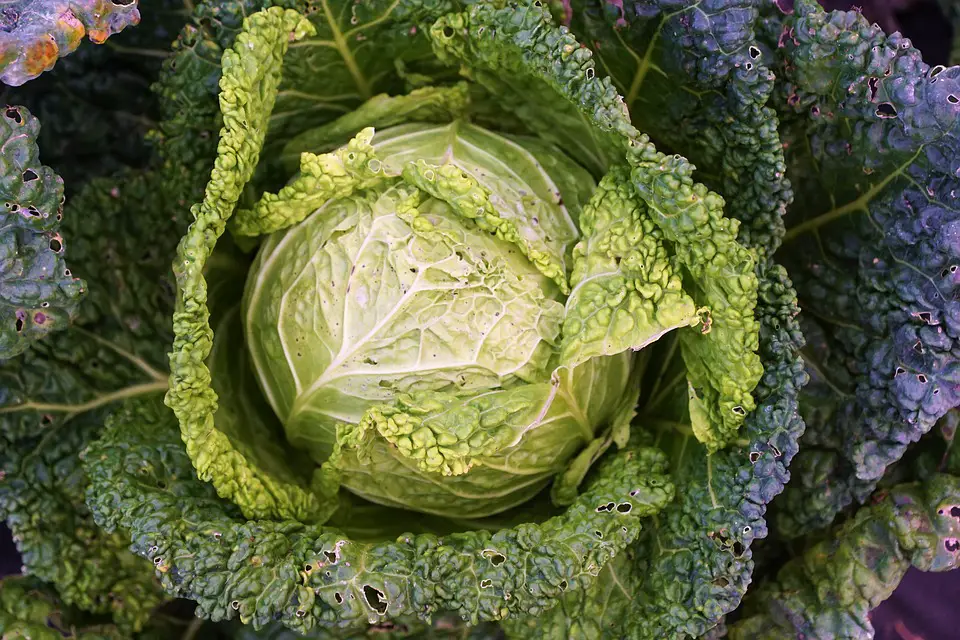Introduction
Growing your own edible garden can bring a multitude of benefits to both you and the environment.
Not only does it provide you with organically-grown, pesticide-free produce, but it also promotes a sustainable way of living.
In this article, we will explore the numerous advantages of growing your own edible garden and how it can positively impact your health, wallet, and the planet.
Health Benefits
When you grow your own edible garden, you have control over what goes into your food.
You can ensure that your produce is grown without harmful chemicals and pesticides.
By consuming fresh fruits and vegetables straight from your garden, you maximize the nutritional value and taste of your meals.
Additionally, gardening is a physical activity that improves cardiovascular health and reduces stress levels.
Environmental Benefits
One of the main advantages of growing your own edible garden is the positive impact it has on the environment.
By avoiding the use of chemical fertilizers and pesticides, you contribute to preserving the natural balance of ecosystems.
Additionally, growing your own food reduces the need for long-distance transportation, which significantly decreases carbon emissions and helps combat climate change.
Your garden also provides a habitat for beneficial insects and pollinators, contributing to overall biodiversity.
Financial Benefits
Growing your own edible garden can lead to substantial financial savings.
By eliminating the need to continuously purchase fresh produce, you can reduce your grocery bills significantly.
Additionally, vegetable prices fluctuate throughout the year, but by growing your own food, you can have a consistent supply regardless of market variations.
You can even save money on herbs and spices, as growing them in your garden requires only minimal investment.
Education and Empowerment
Gardening provides a unique opportunity to learn about nature, seasons, and the intricate processes that take place in our ecosystem.
By growing your own edible garden, you can educate yourself and your family about the importance of sustainable practices.
Children who are involved in gardening from a young age develop a greater appreciation for fresh produce and are more likely to make healthier food choices throughout their lives.
Community Building
Gardening can be a communal activity that brings people together.
Joining a local gardening club or participating in community gardens fosters connections with like-minded individuals who share an interest in sustainable living.
You can exchange knowledge, tips, and surplus produce, creating a sense of camaraderie and support.
In addition, community gardens often donate excess produce to local charities, helping to address food insecurity in your area.
FAQs
1. How much space do I need to start my own edible garden?
You don’t necessarily need a large backyard to start growing your own food.
Small spaces, such as balconies or windowsills, can be utilized for container gardening.
Alternatively, you can use vertical gardening techniques to grow plants in limited space.
2. Is it difficult to maintain an edible garden?
Maintaining an edible garden requires some effort, but it is not excessively difficult.
Regular watering, weeding, and providing adequate sunlight are essential.
However, with proper planning, efficient watering systems, and pest control measures, you can easily manage and maintain a successful edible garden.
3. Can I save seeds from my harvest for the next season?
Absolutely! Saving seeds from your harvest allows you to preserve heirloom varieties and reduces the need to purchase new seeds each year.
Make sure to research proper seed-saving techniques for each plant variety to ensure good germination rates in subsequent seasons.
4. What are some beginner-friendly edible plants to start with?
If you are new to gardening, starting with easy-to-grow plants is recommended.
Some beginner-friendly edible plants include tomatoes, lettuce, herbs like basil and mint, radishes, and peppers.
These plants are relatively low-maintenance and provide satisfying results, even for novice gardeners.
5. How do I deal with pests without using harmful chemicals?
There are various eco-friendly methods to deal with pests in your edible garden.
You can use companion planting, utilize natural predators like ladybugs or praying mantises, or create physical barriers such as nets or cages.
Additionally, homemade organic insecticides made from natural ingredients like neem oil or soap can also be effective.




